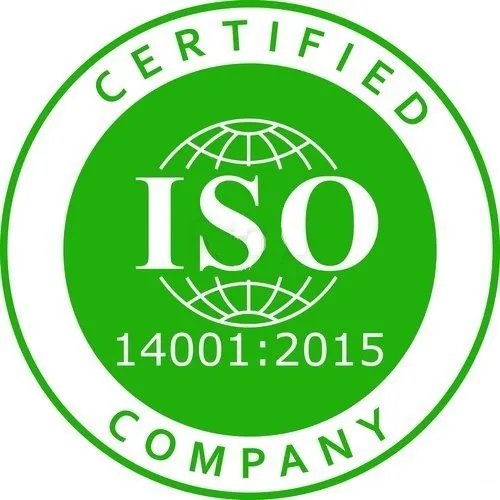With increasing human population and changing lifestyles, human settlements have come up in different landscapes including mountain sides, deserts and river banks. However, development processes have often lagged behind fast urbanization as a result of which there has been unplanned expansion of cities and town in many parts of our country. One of the systems that have been most neglected has been that of proper treated sewage disposal. Irrespective of continuous efforts by our governments- both central and states, we are still in need of better ‘human faeces’ disposal systems. Along with the new waste that is been added to our surrounding environment on a regular basis, tackling the existing waste is also a matter of concern. In particular, human faecal contamination of groundwater resources is a major problem nationally.
New technologies involving biological communities are increasingly used as part of innovative solutions to tackle issues such as dealing with sewage and human faecal contamination of environment. Based on the existing knowledge, we have developed new consortia of bacteria that are capable of fast break down of human faeces. With continuous and detailed research over months, these bacteria have been made more efficient in using human faeces as ‘food’ for growth and in turn breakdown the different components of human faeces. The bacterial consortia can prove to be very useful for tackling environmental issues, in particular those of public health concerns such as groundwater contamination with human faeces.

One of the primary concerns with release of human faeces is ground water contamination. Instances of open defecation are a challenging problem in India. Open defecation is not only an immediate health and environmental hazard, entry of human faeces into our river systems lead to a long term concern. In a river based country like India, river water is used for multitude of purposes including for drinking and washing. Therefore, contamination of river and ground water is a challenging problem and nationally Government of India has taken numerous initiatives to deal with this impending issue that concerns public health. Additionally, such contaminated groundwater becomes a repertoire of human diseases that can spread among both animal and human populations essentially risking a lot of lives and draining the available healthcare system. The bacterial consortia developed by us can essentially be a control of such ground water contamination issues. Our research results show that these ‘fast growing bacteria’ can completely degrade human waste resulting in clear effluent that is safe to be released into the environment. Our results also demonstrate that the pH of this effluent water is well within the studied and permissible levels of water marked ‘safe’ for use.
An additional concern of using biological products for waste treatment is accumulation of these very biological products in the environment. Previously, used biological products have shown bioaccumulation and biomagnifications in the environment. Our bacterial consortia are derived from the natural environments and hence are essentially already present in and around us and hence are ‘safe’. Additionally, since these bacteria essentially survive only on human faeces, in the absence of the human faeces, their number would decrease drastically and thus do not affect the surrounding environment adversely. Again with the addition of human faeces, these bacteria would divide and thrive in numbers well enough to degrade these products. The developed bacterial consortia are essentially self sustaining and hence would be a ‘sustainable’ solution to our growing problems of human waste disposal systems. Thus, the use of these bacteria consortia would be a safe and sustainable solution to tackling human waste in our rapidly developing economy.
Aerobic Bacteria are very efficient in breaking down organic waste products including complex forms. The end product of Aerobic bacteria are CO2 and H20. The result of Aerobic Treatment usually yields better effluent quality. The Aerobic pathway also releases a substantial amount of energy. A portion is used by the microorganisms for synthesis and growth of new micro-organism.





Aerobio Developed by W.J. Decor
Research & Development done under MOU Signed with Accredited Government Institution.